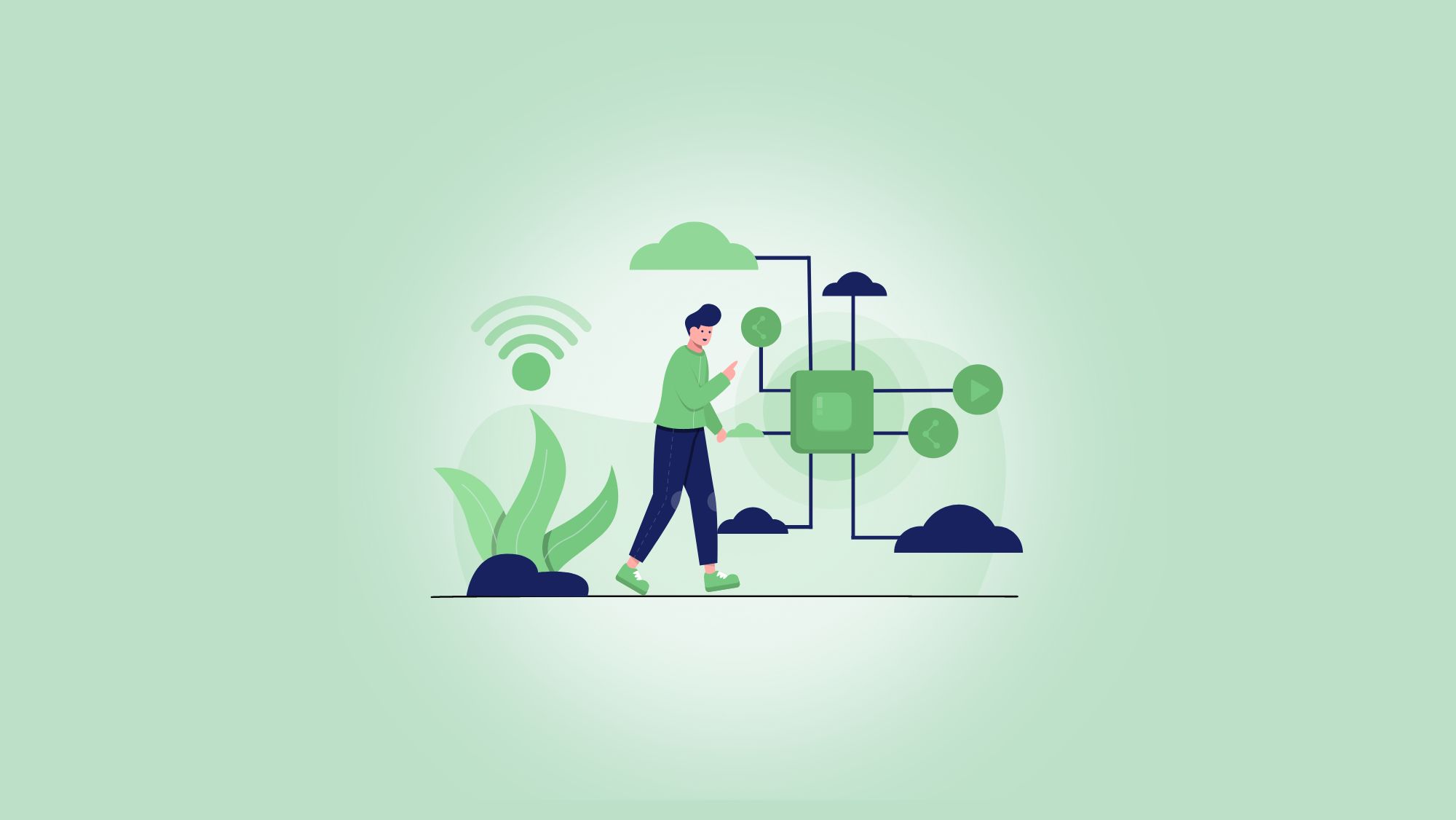There's been a lot of talk about the "Internet of Things" (IoT). But, what exactly does that term mean in the realms of cyberspace?
For the human race, which is relatively disorganized by nature, the "Internet of Things" is a great innovation. However, for people who value their privacy, the "Internet of Things" could be considered a massive intrusion.
Essentially, the "Internet of Things" means having every electronic device-and many other things-connected and interacting in real time with the Internet in some way so it can be tracked and monitored. By having everything categorized this way through the Internet "cloud," the reasoning goes, you'll be able to organize your life better by not needing to pay "time consuming" attention to your life.
There are upsides to such an existence. Having your phone buzz and remind you to buy eggs because your refrigerator sent a notification telling your phone you're almost out of eggs, for example. Who doesn't want to be reminded they're almost out of eggs?
Or you can set your home security system via your phone. Or you can lock your vehicle using your phone or handheld device. If you're tech savvy enough, you can use a handheld device to track and organize everything you deem important enough to track and organize.
The downside of the "Internet of Things" is that it's potentially vulnerable to surveillance, whether by companies or the government. While the government isn't necessarily going to be interested whether you're almost out of eggs or not, there are plenty of companies who would love to know your egg-buying routine. And they're willing to pay astonishing amounts of money for that kind of information so they can more accurately target their online advertisements to egg buying people like yourself.
So, how can you protect your privacy if you decide to go down the path of the "Internet of Things?" Here are some easy tips:
- Know what's important. If you're putting RFID tags on your eggs, rather than writing a note to yourself that you need to buy eggs, you're probably taking the "Internet of Things" concept a bit too far.
- If you notice online ads seem particularly targeted to you, you may want to consider unplugging a bit. At the very least, turn off or otherwise limit your Internet browser's capability to activate cookies. "Cookies" is a cute way of saying "tracking mechanisms." Cookies store your browsing history, passwords, usernames, and more. They can make your electronic life infinitely more convenient, but they can also be used to track an astonishing amount of personal information.
- Protect your WiFi and cloud passwords. Way too many people use their birthdays, pets' names, social security numbers, or other ridiculously dumb identifiers that even moderate hackers can figure out. The "Internet of Things" will become their digital playground if people don't take simple password precautions. Prankster hackers can open and close your garage door; expert hackers can destroy your life with little effort in the world of the "Internet of Things."
- Remember, the "Internet of Things" is essentially a convenience. It's not a necessity. If you're using a mobile device to turn your attic light on and off from three states away, you're using it in a frivolous and unnecessary fashion. If you're using it to monitor your security system and alert the authorities, you're using it correctly.
Ultimately, the "Internet of Things" represents only the latest in the ongoing evolution of the Internet. It will almost certainly be a different landscape six months from now.
You May Also Like
These Related Stories

Are You Ready For IoT - Internet of Things

Artificial Intelligence vs. Machine Learning vs. Deep Learning

No Comments Yet
Let us know what you think